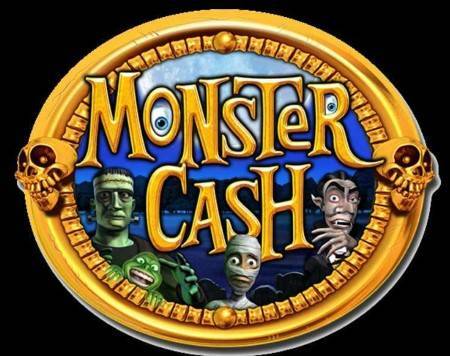Record Revenues Surge for UK Gambling Firms as Online Slot Machines Gain Momentum

UK gambling firms have reported record-breaking revenues, driven by a surge in the popularity of online slot machines.
The digital gaming landscape has witnessed an unprecedented boom, reshaping the dynamics of the gambling industry and raising questions about the societal implications of this financial windfall.
The fiscal year saw a staggering uptick in revenues for major UK gambling operators, with online slot machines emerging as the primary revenue driver.
Industry analysts attribute this remarkable growth to the convenience and accessibility offered by online platforms, providing enthusiasts with a virtual playground for their gaming pursuits.
Figures released by the Gambling Commission on Thursday reveal that the revenues of the betting and gaming industry surged to £15.1 billion in the year ending March 2023. Excluding the National Lottery, the figure stands at £10.95 billion.
This record-breaking revenue represents a significant rebound for the industry, which experienced a £1.5 billion setback in the peak COVID-19-affected year.
The cancellation of sporting events and the mandated closure of betting shops during that period dealt a blow to the industry.
Notably, many punters shifted their focus from sports betting to online casino games during this challenging period, and the latest figures suggest that this trend has endured.
Online slot machines, characterised by their vibrant graphics and diverse themes, have experienced a meteoric rise in popularity.
The ease of access, coupled with a plethora of gaming options, has enticed a broad spectrum of players, from seasoned gamblers to those exploring the digital realm for the first time.
The allure of potentially lucrative payouts and the thrill of the virtual spin have propelled online slots to the forefront of the gambling scene.
Online casino revenue, known for having a higher addiction rate compared to sports betting, achieved a peak of £4.01 billion in the pandemic-affected year ending March 2021. Surpassing this figure, it has now reached £4.03 billion.
The majority of this revenue stemmed from losses incurred in digital slot machine games, the earnings of which have more than doubled since 2016, hitting a record £3.2 billion. This constitutes almost 30% of the entire industry income, a notable increase from the pre-pandemic figure of 23%.
Digital slot machine players typically experience higher losses compared to users of other gambling products.
Gambling Commission statistics from the pandemic period, marked by a surge in online slots play, reveal that the average monthly spend per player was £67, in contrast to £36 for other casino products and £45 for real event betting.
In response to these trends, the government, facilitated by the Gambling Commission, is currently in the process of consulting on the possibility of reducing the maximum stake for a single "spin", which currently lacks a legal limit, to a range between £2 and £15.
Dr Matt Gaskell, overseeing the NHS Northern Gambling Service, commented on the data, stating: "This data confirms that the most harmful products in the gambling industry are the centrepiece.
"These are rapid, continuous casino products engineered to prolong play, exploit decision-making, and generate unaffordable losses. It's a common issue in our clinics."
Industry spokespersons argue that the surge in revenues is a testament to the resilience and adaptability of the sector, especially in the face of challenging economic conditions.
They contend that the gambling industry has played a crucial role in contributing to the broader economy, generating employment opportunities and tax revenue.
As the debate surrounding the impact of online gambling intensifies, there is a growing consensus that a balanced approach is necessary.
Striking a harmonious equilibrium between industry growth and responsible gambling practices remains a pressing challenge for regulators, operators and stakeholders alike.
While the industry celebrates this unprecedented growth, the accompanying concerns about the potential societal consequences underscore the need for a comprehensive regulatory framework and responsible gambling initiatives to ensure the long-term sustainability of the industry.
































